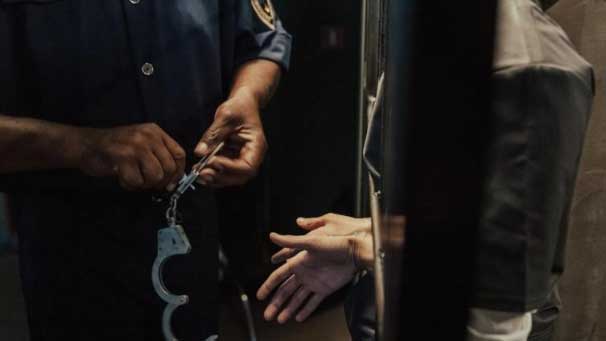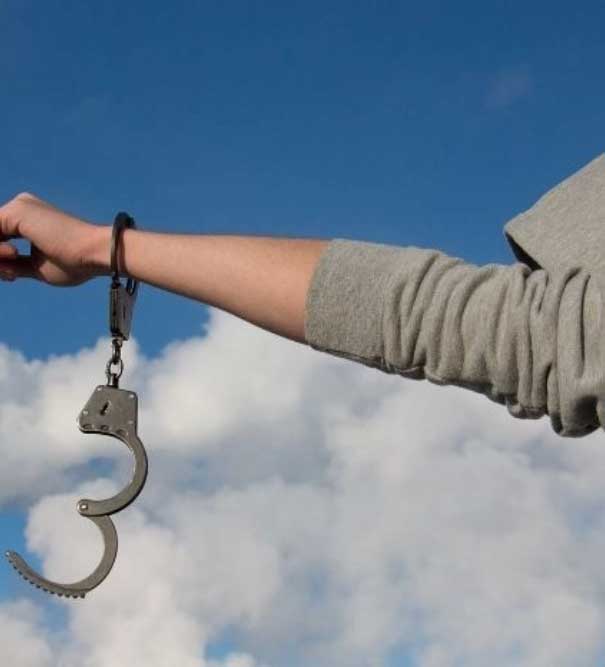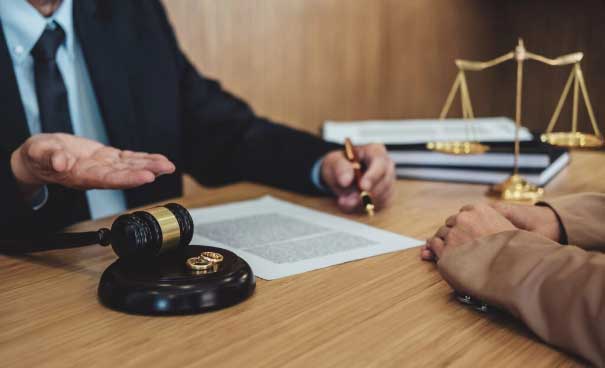
RECORD
RECORD

OF JAIL

PLEA BARGAIN
Being held in custody limits your options.
Don’t make decisions from a place of desperation.

Understanding Bail Hearings
A bail hearing (Judicial Interim Release) is a court hearing, usually the first, where a judge decides if a person accused of a crime should be released from or detained in custody before trial. The judge considers factors like the severity of the crime, the person’s past criminal history, and their ties to the community. The general questions are: is the accused likely to appear in court when required, and what is the likelihood that the accused will commit other crimes if released? In this stressful situation, having an experienced bail lawyer represent you is crucial and provides peace of mind. They can provide reassurance, knowing they are doing everything possible to secure your release. If you’re facing a bail hearing, a skilled bail hearing lawyer can help you navigate the judicial interim release process, providing the support you need during this challenging time.
View more
The Importance of Bail
Being held in custody is a situation that demands immediate attention. It can severely limit your options and negatively impact your case. It’s not just about losing your freedom but also the long-term effects on your daily life, from work to family responsibilities. That is why acting swiftly and hiring the best criminal defense attorney for bail is crucial. A reliable criminal attorney can argue for your release and help set reasonable bail conditions. We understand the urgency of securing your freedom as soon as possible, emphasizing the importance of prompt action in such circumstances.
How a Bail Lawyer Can Help
A bail lawyer knows the ins and outs of the bail process and can present a strong case for your release. They will guide you through bail applications, bond hearings, and pre-trial release conditions, empowering you with knowledge and control over your situation. An expert bail application lawyer can negotiate better terms and provide advice about your release conditions. By choosing a professional release from custody lawyer from our directory, you can ensure that your rights are protected and that you have the best chance at a favorable outcome.
View more




Find the Right Attorney Here
We designed our directory to help you find the best criminal defense attorney for your bail needs. Our listings include detailed profiles of each attorney outlining their qualifications, areas of expertise and years of experience.
Whether you need an affordable bail bond service or an experienced bail lawyer, our listings include skilled pre-trial release attorneys and expert bail enforcement lawyers. Rest assured, the attorneys in our directory are highly qualified and professional, with a proven track record of success. They are ready to support you during this challenging time. Don’t face the bail process alone. Browse our directory to find the right attorney who can help secure your release from custody.
A Formidable Criminal Defense Requires an Experienced Criminal Defense Lawyer
Fierce and Aggressive Advocates, Effective Negotiators
FREQUENTLY ASKED QUESTIONS
Here are some frequently asked questions regarding the bail (interim release) process.


